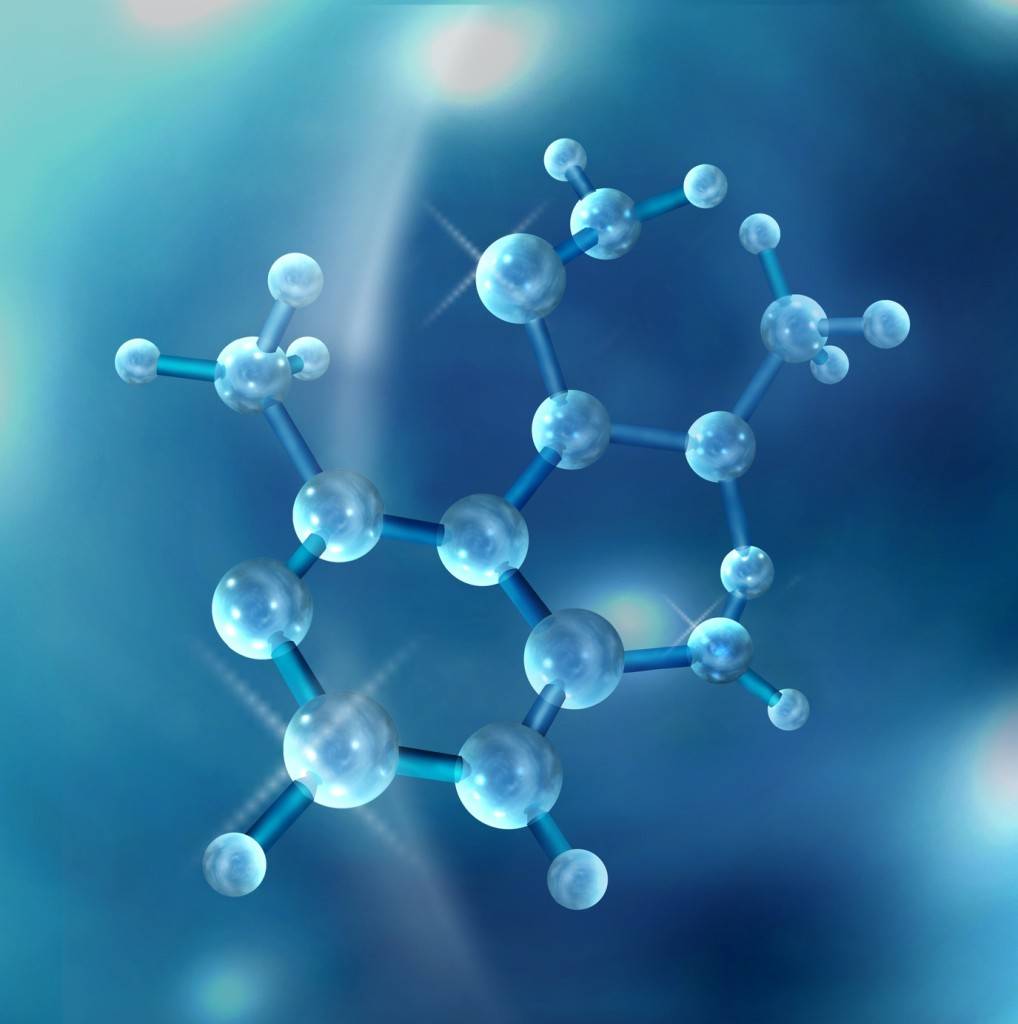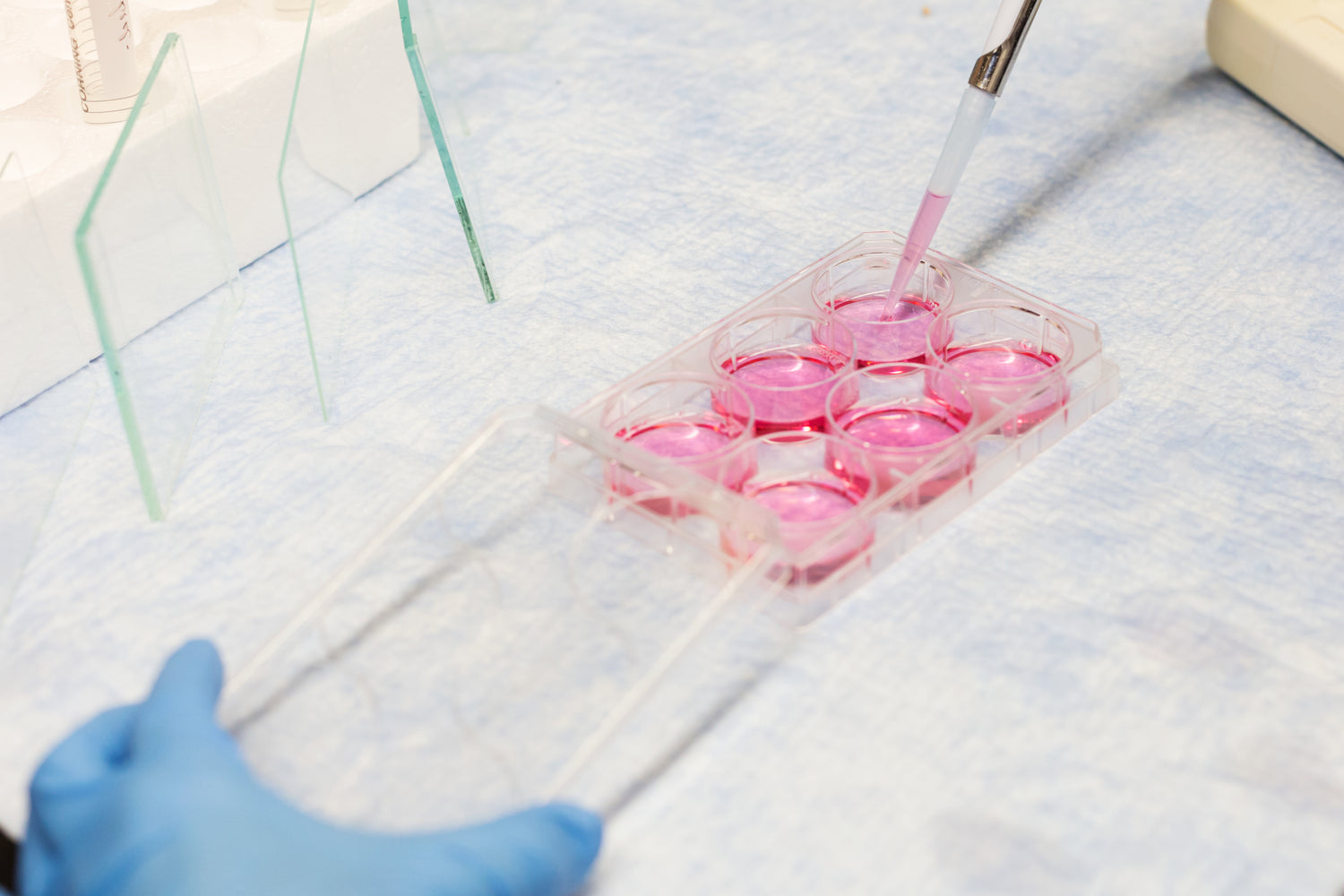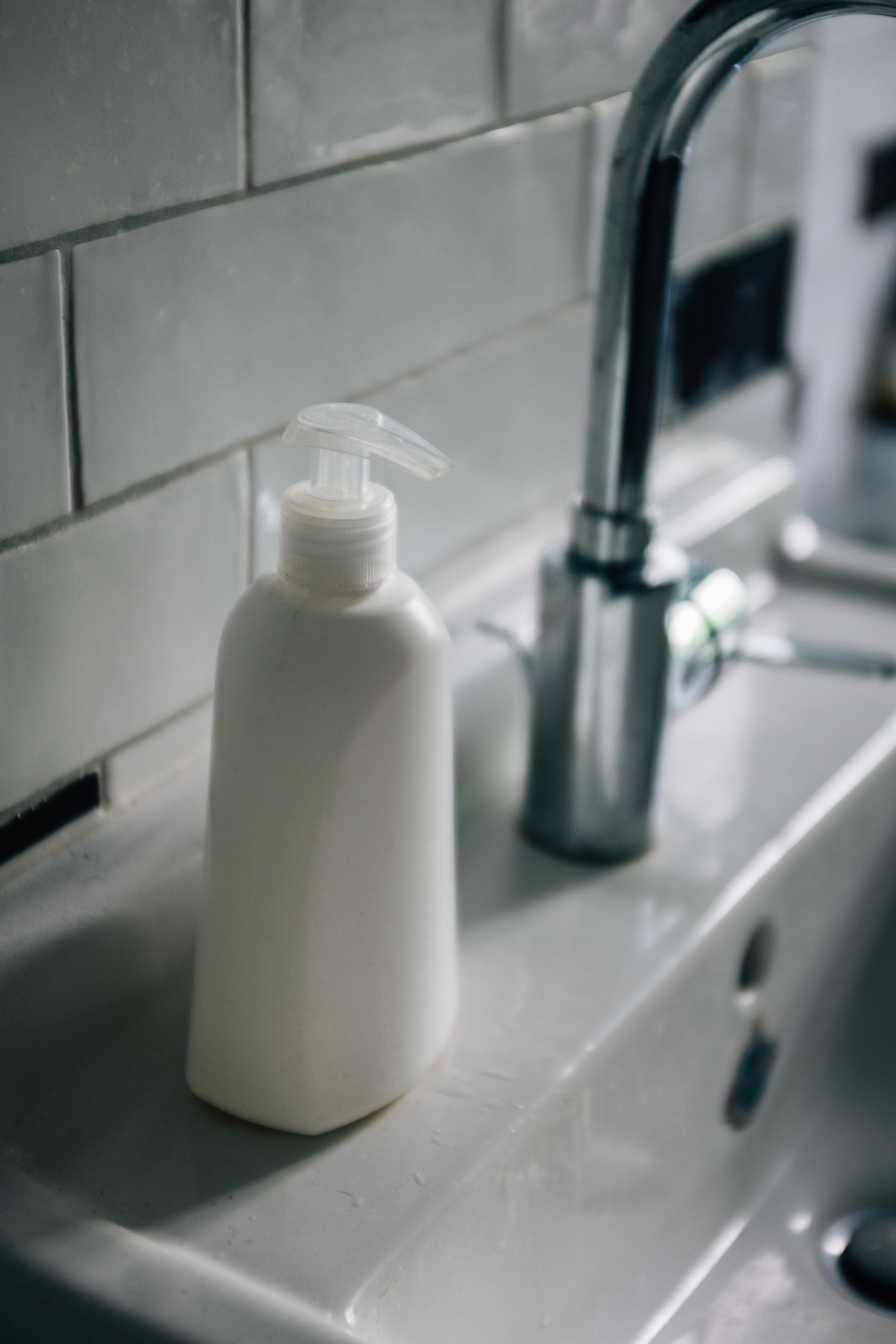Lutein, as a natural antioxidant, has anti-inflammatory activity, and anti-inflammatory agents rich in lutein have development potential. In recent years, with the continuous in-depth research on natural active ingredients, lutein, with its unique molecular structure and physiological functions, has shown great application prospects in the field of anti-inflammation. However, the poor water solubility and low stability of lutein itself limit its wide application, while the emergence of nanoemulsion technology has brought a new opportunity to solve this problem. Nanoemulsions can enhance the solubility and stability of lutein. Their oil phase, surfactant components, preparation methods and conditions are closely related to stability and biological activity. The composition of different oil phases will affect the solubility of lutein. The type and concentration of surfactants are directly related to the dispersion and stability of the emulsion. The temperature, pressure and other conditions during the preparation process also have a key impact on the performance of the final product.
Lutein nanoemulsion was prepared by ultrasonic homogenization. Its composition and preparation conditions were optimized by the response surface method. The final preparation conditions were determined as a medium-chain triglyceride content of 1.5wt%, a Tween 80 content of 11wt%, and an ultrasonic time of 8.5min. The response surface method builds a mathematical model to systematically study the influence of various factors and their interactions on the performance of nanoemulsions. Based on a large amount of experimental data, it accurately finds the optimal combination of preparation parameters. This method not only improves the experimental efficiency, but also ensures that the prepared nanoemulsions have good uniformity and stability.

Under the long-term stable condition of adding propyl gallate, it was found that the addition of propyl gallate significantly improved the retention rate of lutein at high temperature (37°C) and the particle size stability of the nanoemulsion. Propyl gallate, as an efficient antioxidant, works in synergy with lutein to form a dual protection mechanism, effectively delaying the degradation of lutein while maintaining the stability of the nanoemulsion system.
The experimental results show that lutein nanoemulsion has the potential application value as an anti-inflammatory agent, and is expected to provide new directions and ideas for the development of natural anti-inflammatory drugs and functional foods, showing broad application prospects in the fields of medicine, food, etc.








